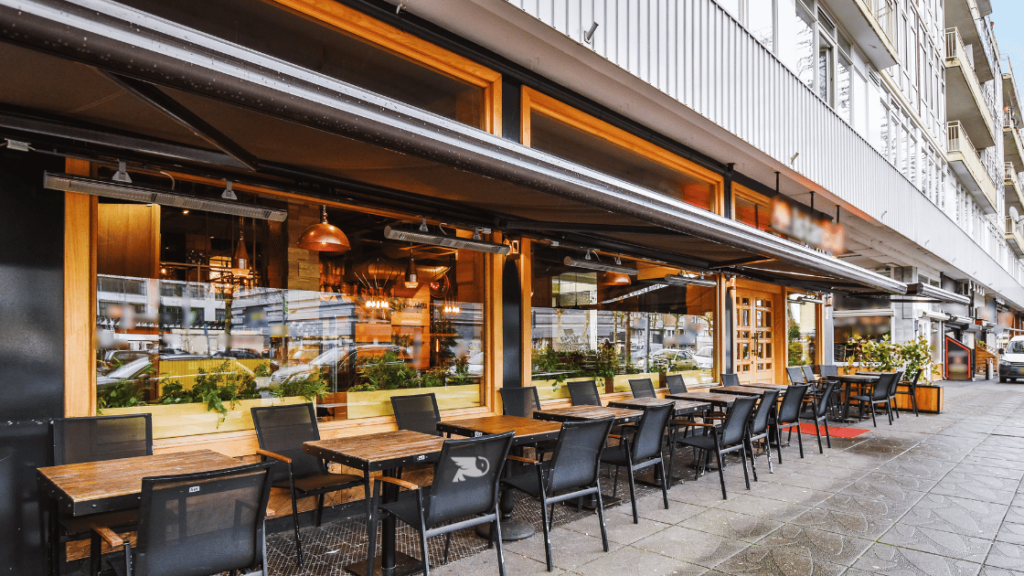Every restaurant in Denver must obtain a business license to operate as a food establishment.
In Denver, this is usually referred to as a “Retail Food Establishment” license, issued by the Department of Excise and Licenses.
Essentially, this is the city license that permits you to serve food to the public and is sometimes informally called a “restaurant license.”
Approvals Required
The process of getting this license is closely tied to health department approvals:
1. Retail Food License
You will submit a Retail Food license application to Excise & Licenses (Denver now processes these online).
The application will require details about the business, the premises, and your plan for food service.
Denver’s Department of Public Health and Environment (DDPHE) will automatically be involved in reviewing and inspecting the facility as part of this licensing.
2. Health Plan Review
The DDPHE reviews your plans during construction for compliance with health codes (e.g., layout of kitchen, sinks, refrigeration, etc.).
For significant projects (new restaurants or extensive remodels), DDPHE requires a full plan review by rule.
They look at things like whether you have appropriate sinks, food prep areas, and facilities to handle food safely given your menu.
This health review is done concurrently with the building permit review to avoid delays.
3. Health Inspection
Once construction is nearly complete, you must schedule a health inspection of the restaurant.
A DDPHE inspector will visit the site to verify that equipment, surfaces, storage, and sanitation measures meet the health code.
You’ll need this inspection approval in order to get your food establishment license issued. FYI, the fire department will also do a safety inspection at this stage as part of licensing.
According to the City of Denver’s guidelines, the business license (including health approval) cannot be finalized until zoning and building permits are in place and inspections are passed.
In practice, you can apply for the food license while construction is ongoing, but you won’t get the license until the place is ready and inspected.
Timeline
Denver advises applicants to anticipate a minimum of 120 days (4 months) from the time you submit a complete license application to the issuance of your business license.
This is because certain licensing steps have rigid timelines – for example, you cannot rush health inspections or skip the prerequisite that your zoning permit be issued first.
In many cases, the building and health processes determine how fast you can get the license.
If your construction and inspections take 6+ months, then obviously your license will only be issued at the end of that. But purely for the license processing itself (paperwork, reviews, scheduling inspectors, etc.), plan on a few months.
Denver’s Department of Excise and Licenses has moved to an online system to streamline this.
To avoid delays, ensure all paperwork is consistent (same business name on all applications, etc.) and that you have required documents like your lease and a Certificate of Taxes Due (proof you don’t owe city taxes) when you apply.
Costs
In mid-2023, Denver overhauled its food licensing fees. Now there is a flat application fee of $150 for a new retail food license.
Additionally, there is an annual license fee which as of 2023 is determined by the types of food processing you do. The City adds $25 for each “food process” category applicable to your business (e.g., processes might include cooling food, reheating, specialized processing, etc.) (source for reference).
For a typical restaurant, this might amount to a reasonable annual fee (previously, fees ranged from $25 up to a couple hundred dollars annually based on complexity).
In summary, you should budget on the order of a few hundred dollars in licensing fees to get your retail food establishment license (e.g. $150 application + perhaps ~$100–$200 in license fees, depending on your menu and processes).
These fees are paid to the City of Denver.
Pro Tip: Food handlers (employees) must also have state-mandated food safety training, but the cost for that is minimal and not part of the city licensing per se.)
Agencies Involved
The Denver Department of Excise and Licenses is the main agency that issues the business license. They provide the application portal and will issue the license certificate.
The Denver Dept. of Public Health & Environment (DDPHE) is the agency that enforces health regulations – they will do plan review and inspections as described.
These departments work together so that once DDPHE signs off, Excise and Licenses can issue your license.
For official guidance, Denver offers resources on how to apply for a retail food license on their website.

